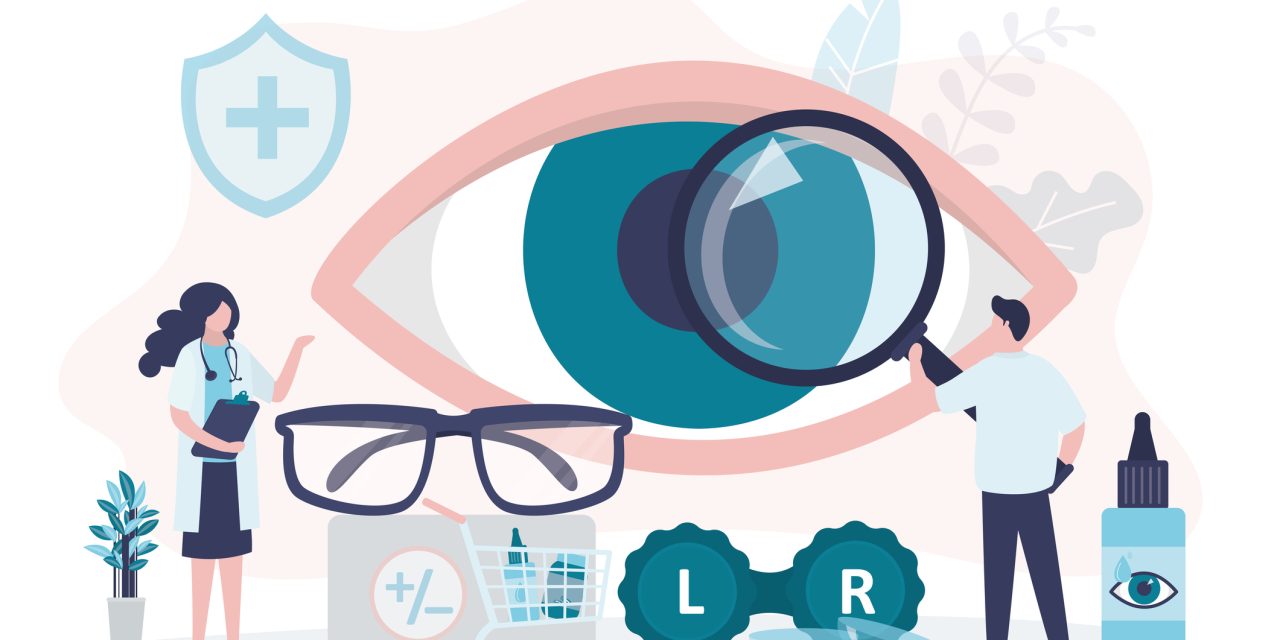Retinal degenerative diseases are a leading cause of blindness worldwide with debilitating life-long consequences for the affected individuals. Cell therapy is considered a potential future clinical intervention to restore and preserve sight by replacing lost photoreceptors and/or retinal pigment epithelium. Development of protocols to generate retinal tissue from human pluripotent stem cells (hPSC), reliably and at scale, can provide a platform to generate photoreceptors for cell therapy and to model retinal disease in vitro. Here, we describe an improved differentiation platform to generate retinal organoids from hPSC at scale and free from time-consuming manual microdissection steps. The scale up was achieved using an agarose mould platform enabling generation of uniform self-assembled 3D spheres from dissociated hPSC in microwells. Subsequent retinal differentiation was efficiently achieved via a stepwise differentiation protocol using a number of small molecules. To facilitate clinical translation, xeno-free approaches were developed by substituting Matrigel™ and foetal bovine serum with recombinant laminin and human platelet lysate, respectively. Generated retinal organoids exhibited important features reminiscent of retinal tissue including correct site-specific localisation of proteins involved in phototransduction.© 2022. The Author(s).
Generation of 3D retinal tissue from human pluripotent stem cells using a directed small molecule-based serum-free microwell platform.


